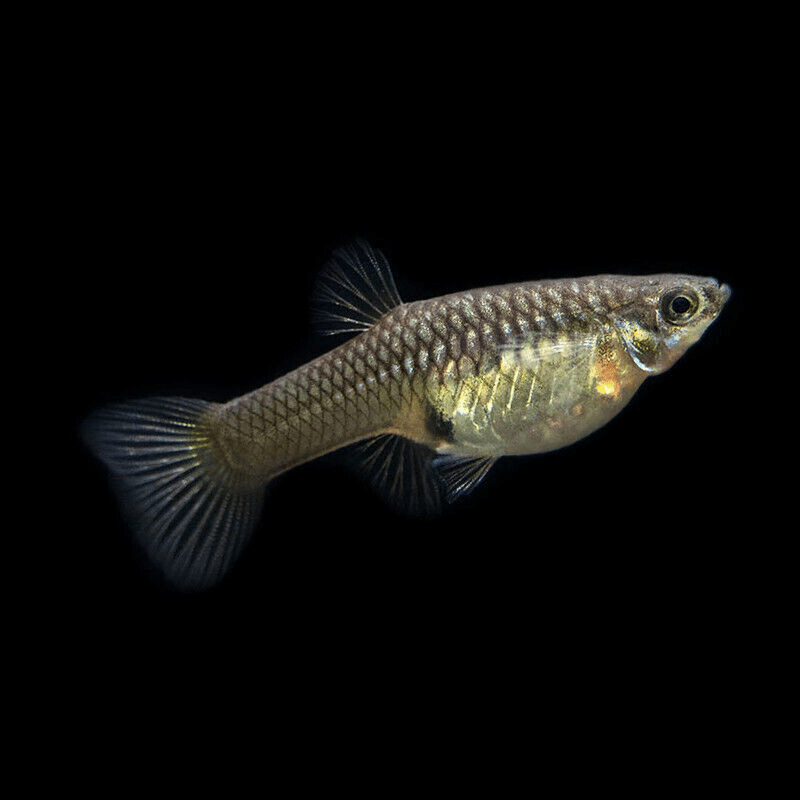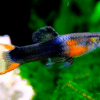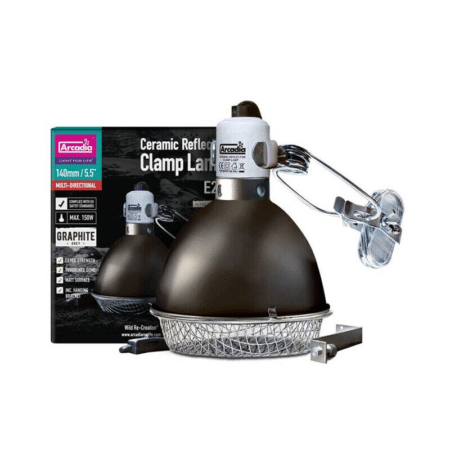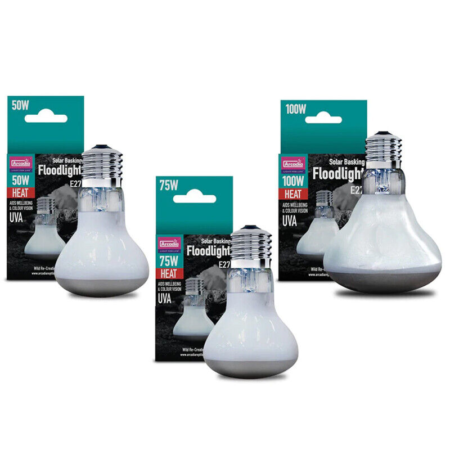Subtotal: £42.58
10 X Tiger Dwarf Guppy Females – Poecilia Reticulata X Wingei – Livebearer
£42.58
10 X Tiger Dwarf Guppy Females – Poecilia Reticulata X Wingei – Livebearer: Add vibrant colors and captivating tiger patterns to your aquarium with these 10 X Tiger Dwarf Guppy Females. A crossbreed between Poecilia Reticulata and Wingei, these livebearers are sure to bring life and beauty to your tank. With their active nature and stunning appearance, these guppies are a must-have for any fish enthusiast.
1001 in stock
Attributes:
– 10 X Tiger Dwarf Guppy Females
– Poecilia Reticulata X Wingei
– Livebearer
Short Description:
The 10 X Tiger Dwarf Guppy Females are a stunning addition to any aquarium. These livebearers, a crossbreed between Poecilia Reticulata and Wingei, showcase a unique and captivating tiger pattern. With their vibrant colors and active nature, these guppies are sure to bring life and beauty to your tank.
Product Categories:
Endler guppy, Fish
Secure Transit:
We understand the importance of ensuring the safe arrival of your fish. That’s why we offer a reliable 24-hour courier service that utilizes poly boxes and heat packs during colder months. This ensures that your guppies are protected and arrive in optimal condition.
Shipping Convenience:
To make your shopping experience more convenient, we provide the option to combine multiple items in one order. This helps streamline the shipping process, saving you time and effort.
Dead on Arrival (DOA) Policy:
In the unfortunate event that any of your guppies arrive deceased, we have a comprehensive Dead on Arrival (DOA) policy in place. Simply inform us promptly with photographic evidence, and we will either refund you or send you a replacement, ensuring your satisfaction.
Product Description:
Scientific and Common Names:
The scientific name for these guppies is Poecilia Reticulata X Wingei, commonly known as Tiger Dwarf Guppies.
Habitat:
Tiger Dwarf Guppies are native to freshwater habitats in South America, particularly in Venezuela and Trinidad. They thrive in warm, well-maintained aquariums.
Tank Setup:
To provide a suitable environment for your Tiger Dwarf Guppies, it is recommended to have a tank size of at least 10 gallons. The tank should be well-filtered and have a temperature range of 72-82°F (22-28°C). Additionally, provide ample hiding spots and vegetation for the guppies to explore and feel secure.
Diet and Nutrition:
These guppies are omnivorous and have a varied diet. They can be fed high-quality flake or pellet food as their staple diet. Additionally, supplement their diet with live or frozen foods such as brine shrimp, daphnia, and bloodworms to ensure optimal nutrition.
Size and Growth Rate:
Tiger Dwarf Guppy Females typically reach a size of 1.5-2 inches (3.8-5 cm) in length. They have a moderate growth rate and will reach their full size within a few months.
Behavioral Traits:
These guppies are known for their active and social nature. They are peaceful and can be kept with other peaceful fish species. Tiger Dwarf Guppy Females are also known for their playful behavior and will often swim and explore their surroundings.
Care Level:
Tiger Dwarf Guppy Females are relatively easy to care for, making them suitable for both beginner and experienced aquarists. Regular water changes, proper feeding, and maintaining optimal water conditions are essential for their well-being.
Breeding and Reproduction:
As livebearers, Tiger Dwarf Guppy Females give birth to live fry rather than laying eggs. They are prolific breeders and can reproduce easily in a well-maintained aquarium. Provide plenty of hiding spots for the fry to ensure their survival.
Health and Disease Prevention:
Maintaining good water quality, providing a balanced diet, and avoiding overcrowding are crucial for preventing diseases in Tiger Dwarf Guppy Females. Regular observation and prompt action in case of any signs of illness are recommended.
Optimal Water Conditions:
– Temperature: 72-82°F (22-28°C)
– pH: 6.5-8.0
– Hardness: 5-20 dGH
Lifespan:
With proper care, Tiger Dwarf Guppy Females can live for approximately 2-3 years. However, some individuals may live longer under optimal conditions.
Additional Interesting Facts:
– Tiger Dwarf Guppy Females are known for their striking tiger-like patterns, which vary in intensity and coloration.
– They are highly adaptable and can thrive in a wide range of water conditions.
– These guppies are popular among aquarists due to their unique appearance and ease of care.
– Tiger Dwarf Guppy Females are active swimmers and enjoy exploring their surroundings.
– They are known to exhibit schooling behavior, so keeping them in groups is recommended for their well-being.














Reviews
There are no reviews yet.